US adopts hostile China policy after losing in economic competition: Analyst
The United States is adopting a more hostile policy towards China after Beijing outperformed Washington in the economic field, according to a political commentator, warning that the US may resort to military options.
John Ross, a London-based senior fellow at the Renmin University of China, told Press TV in an interview on Sunday that with China getting stronger technologically and economically, the US is finding it increasingly difficult to deal with it.
“The United States claims its economy is dynamic, but the reality is that it's losing in peaceful economic competition to China,” Ross said.
He asserted that the US only has a lead in the military and that is why it is more eager to take military action against arch-foe China.
“The only place in which [the US] maintains a lead is military, because it spends more than any other countries in the world [on arms], therefore increasingly tends to try to put things on a military strain and this is very dangerous because the world wants to get on with peaceful development but the US wants to move things more and more towards military actions,” Ross said.
The relations between Washington and Beijing have been chilly for decades, but the US has in recent years made provocative moves to inflame tensions.
Forming military alliances in the Asia-Pacific region with Japan and Australia and maintaining a major military presence in East Asia, persistent violation of the one-China principle by not recognizing Beijing's sovereignty over Chinese Taipei, and the attempt to strangle China technologically with restrictions are some of the main reasons behind China-US tensions.
China is set to increase defense spending this year by 7.2 percent to 1.56 trillion yuan ($230 billion), according to a draft released Sunday by Beijing.
The US, with a military budget four times greater than China, is apprehensive that Beijing may provide Moscow military assistance in its year-long special military operation in Ukraine.
China’s parliament spokesman Wang Chao said on Saturday that the country’s defense spending is “lower than world average” and “reasonable” and that China’s military modernization “will not be a threat to any country.”
Wang told reporters at a news conference that the budget rise “will only be a positive force for safeguarding regional stability and world peace.”
“Because the United States can’t compete economically [with China] as I outlined, therefore it’s increasingly tempted to either use direct or indirect military means," Ross told Press TV.
These can be proxy wars, as in Ukraine, they can attempt to destabilize countries or they can be putting pressure on countries to break off trade relations."
He said China’s economic growth during the Covid-19 pandemic was faster than the US, which is another indicator that Washington is failing to outdo China in the economy and maybe keep its first place as the world’s largest economy.
According to reports, the US Gross Domestic Product (GDP) fell by 2.3 percent in 2020, while China’s grew by 2.3 percent amid the coronavirus pandemic.
The data showed that the GDP growth put China’s economy at only $6.2 trillion behind the US, down from $7.1 trillion in 2019.
He said that the situation is “very dangerous” as the US, outcompeted by China economically, would resort to military means.
“Over the longer run, China will become so strong, both technologically and economically that the US won’t be able to deal with it. China’s R&D [Research and development] expenditure is already about the same level as the United States in absolute terms," Ross asserted.
It's been growing at 11% a year and the US has 4% here so by 2030, China will be considerably outspent in the United States in R&D."
He said if China meets its target of doubling the size of its economy by 2035 and becomes a much bigger economy than the US, it will be “a terrible shock” to Washington.
“I hope after a period of time the United States will just settle down to accepting this and not trying to be threatened [by the change] but I think we’re going through a very dangerous decade.”
Israel kills 20 in Gaza on Eid al-Fitr, mostly women, children
Sea-based economy: Missing link in Iran’s development
US behavior will determine if 'indirect talks' can move forward: Iran president
Iranian Armed Forces vow ‘harsh response’ to any threat, warmongering
US secretly revokes university students’ immigration statuses: Report
Israel, US ‘deliberately’ destroying Gaza healthcare system: American surgeon tells Press TV
Yemeni army strikes Israeli airport after targeting US aircraft carrier
Iran FM calls for more unity, empathy among Muslims in Eid message


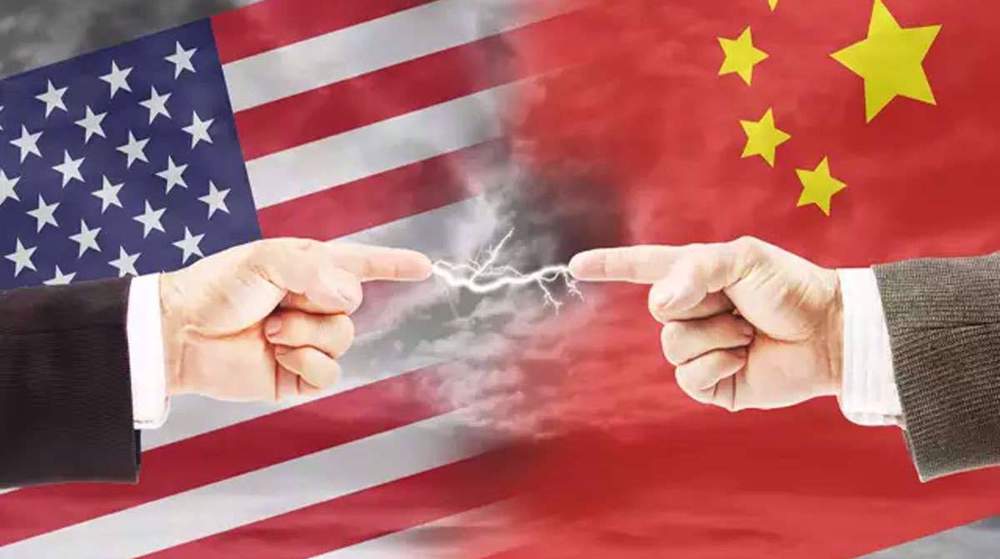



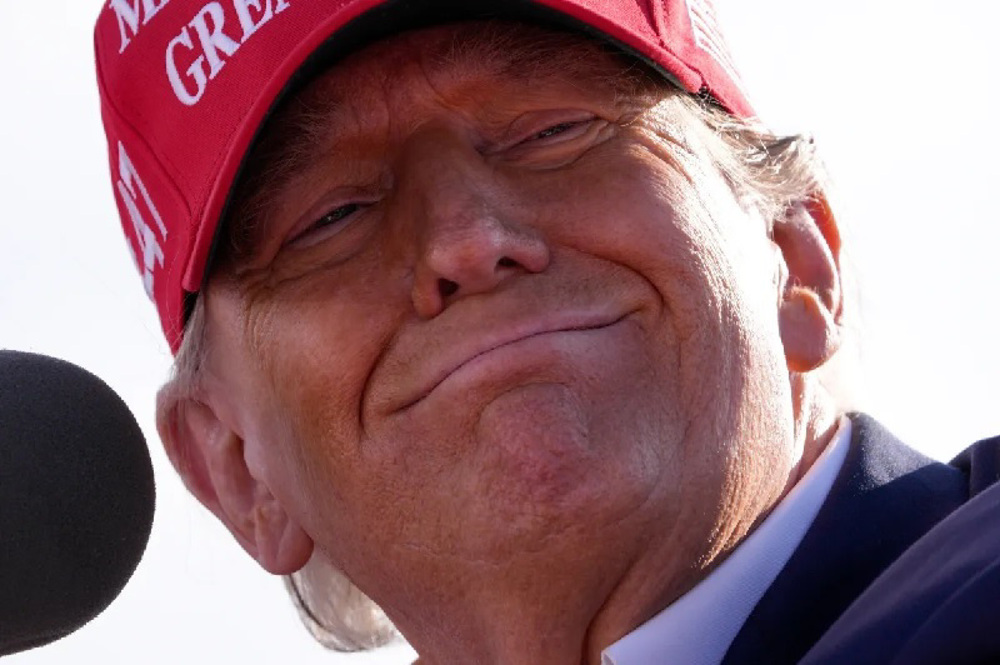



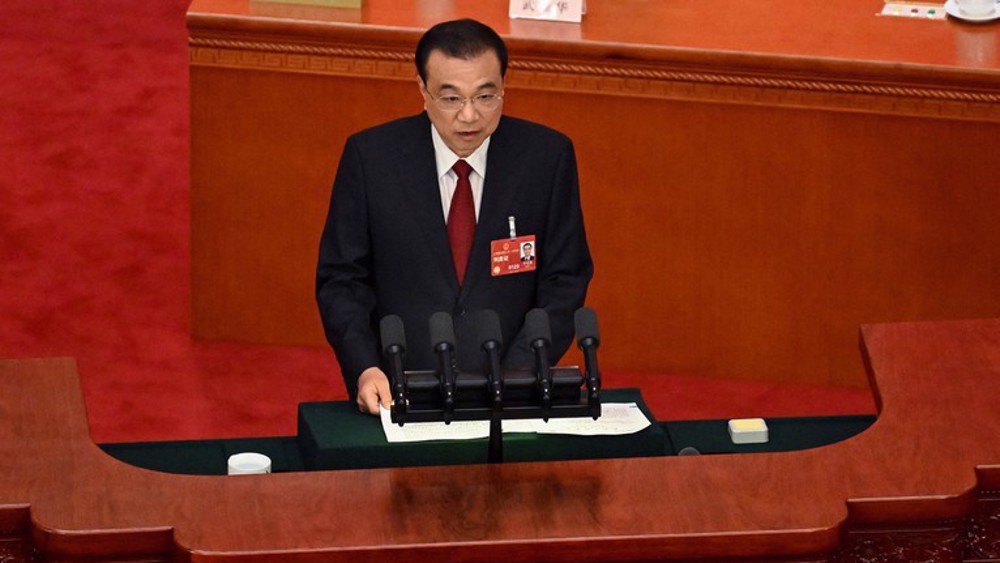
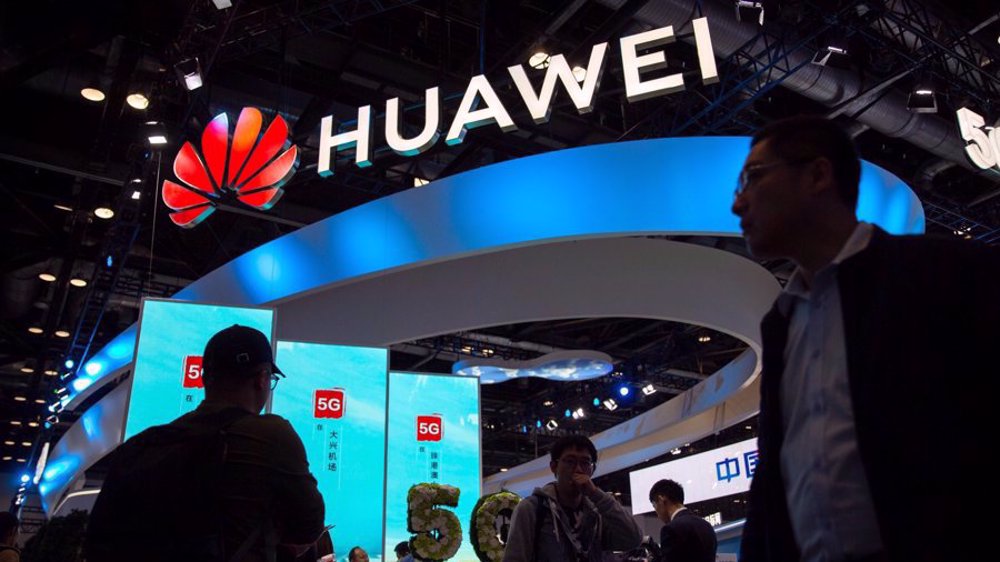


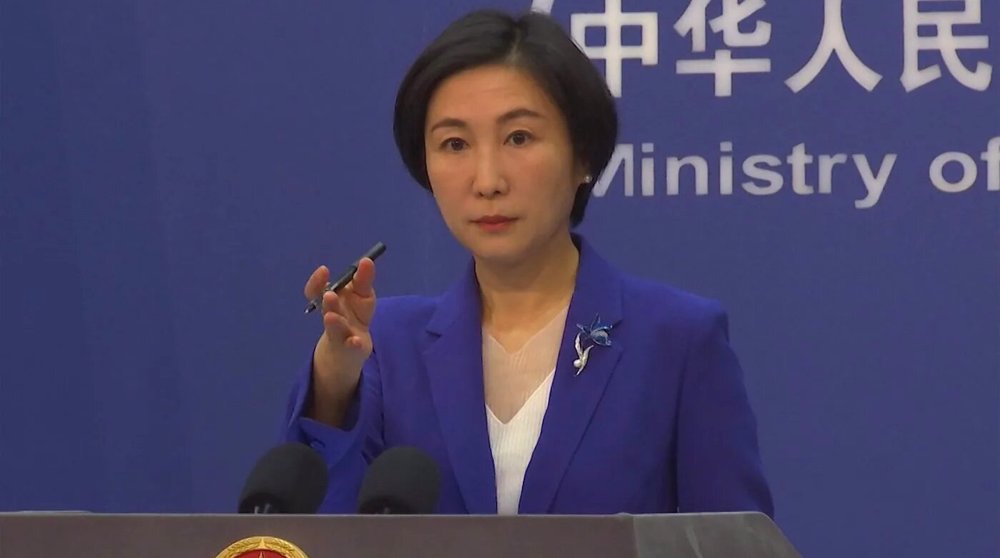

 This makes it easy to access the Press TV website
This makes it easy to access the Press TV website